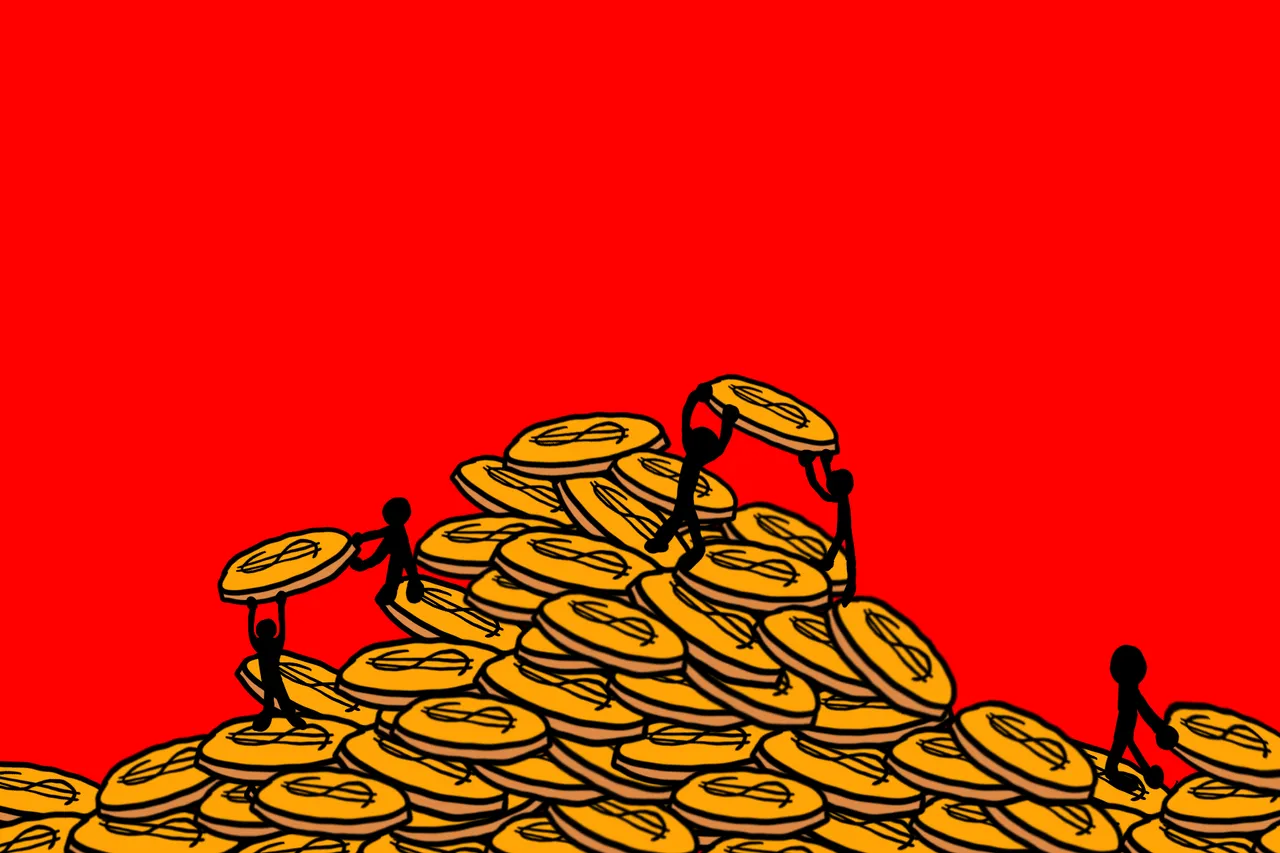Capitalism: Greed vs Giving
Introduction
Capitalism is a system founded on exchange which allows entrepreneurs to flourish and competition to drive the economy forward. We have seen before that a capitalist society is never stationary and that new innovations are constantly making old ones obsolete through creative destruction. What if the exchange was not purely economic, purely business? What if entrepreneurs instead took a page out of the playbook of indigenous people and considered the needs of those around them and gave a gift of some value with the understanding that they would receive one of greater value at a later date? George Gilder proposed an idea of capitalism that conflicts with that of Adam Smith’s. He believes that gift giving is the founding tenet of capitalism and that fulfilling the needs of those around is the way to personal gain. Of course, in a modern capitalist society, the mechanism of gift giving is not the same as an indigenous tribe hundreds of years ago. In today’s society, gift giving is akin to investing. You pour resources into another in an attempt to help them thrive and with the goal of potentially getting your investment and more in the backend. This altruism is a key to economic growth in modern society.
Giving as the Driving Force of Capitalism
Giving is something that brings a lot of people happiness. Forgoing your own selfish desires to fulfill the needs of someone else feels inherently good. Potlatching is a practice of indigenous people where you give a gift, forgoing your selfish desires for a period, but with the expectation of getting a gift of more value in the future (p. 28, 2012). This appears to be self-motivated but if everyone is acting in their own self interest to serve others, is that necessarily a bad thing? As long as the cycle of gift giving continues, everyone seems to be better off. In chapter three of his essay, Wealth and Poverty, Gilder states:
“Not taking and consuming, but giving, risking, and creating are the characteristic roles of the capitalist, the key producer of the wealth of nations, from the least developed to the most advanced” (p. 27, 2012).
The reason that giving is the driving force of capitalism, in a lot of cases, is because of the attention to detail and the forethought it requires to give a gift that truly satisfies the need of that who you are giving it to. If it were not for this consideration of one’s wants and desires, the whole purpose of gift giving to one day receive a reciprocal gift of your own would crumble. To eventually get something that represents value to you, you must first go out and decide what you can give that represents value to someone else. Gilder even discusses how the best gifts fulfill a need or desire that the recipient is not even consciously aware they have (p. 32, 2012). It takes a lot of sympathy to diagnose one’s needs from afar and then remedy those needs with the perfect gesture. This is a romantic view of how a capitalist society creates economic growth. If only this were an absolute but unfortunately not all entrepreneurs are acting in this manner at all times.
Greed as the Driving Force of Capitalism
Capitalism is based on competition, and because of that often times entrepreneurs are focused more on what their competition is doing, rather than what their customers want. This drive to crush the competition for self-gain is hard to ignore because it can feel like it is you versus the world. When making money becomes the primary goal of the operation, it can have lots of negative ramifications on the product. First of all, entrepreneurs who are concerned about profit can cut corners, leaving the consumer with a lower quality product. This is not bettering society in the way that free transactions are designed to do. These entrepreneurs will also be looking to deceive the consumer in whatever manner possible to keep them happy and turn a profit. This does not mean, however, that greedy entrepreneurs cannot be successful entrepreneurs. If they are continuing to innovate to stay ahead of the competition, the customer is reaping the rewards. I would imagine that it is more difficult to come up with solutions to problems that consumers do not even know they have when you are too busy looking over your shoulder at what the competition is doing though. I think the vast majority of entrepreneurs are on a spectrum of greed to giving. There are very little absolutes in life and I think depending on the context or the scenario, anyone could find themselves being greedy or altruistic on any given day.
References
Gilder, G. F. (2012). Chapter Three: The Returns of Giving. In Wealth and poverty (pp. 27–49). essay, Regnery Publishing, Inc.
